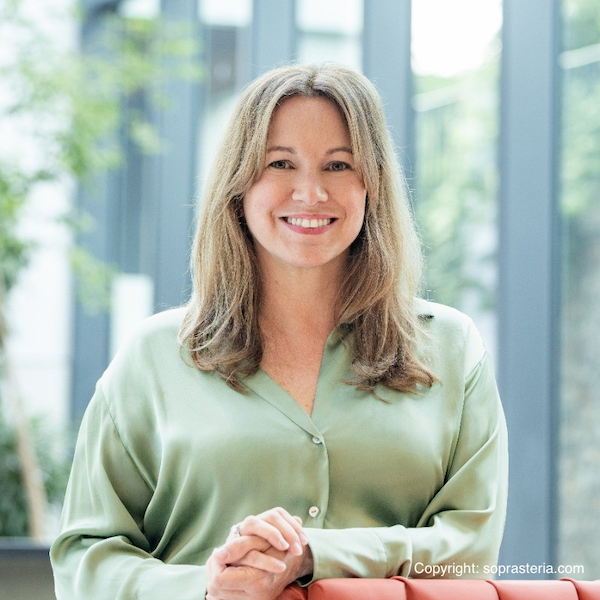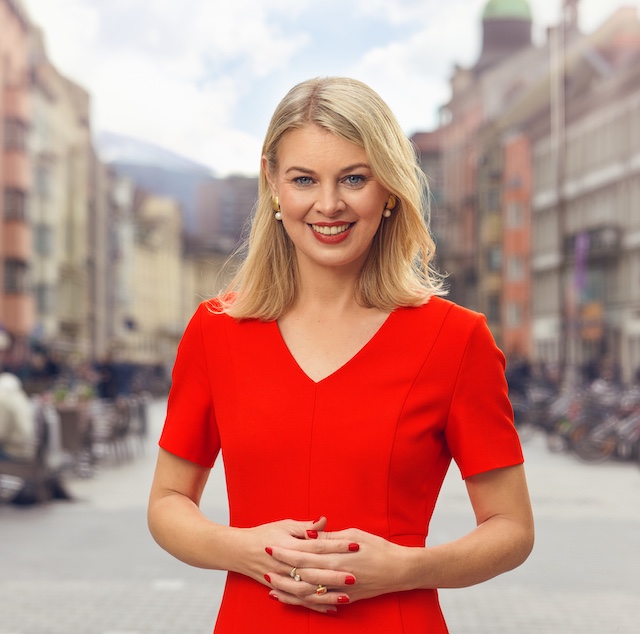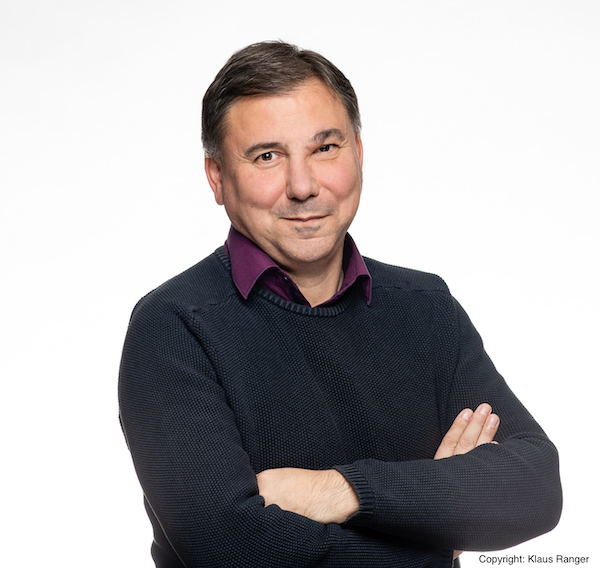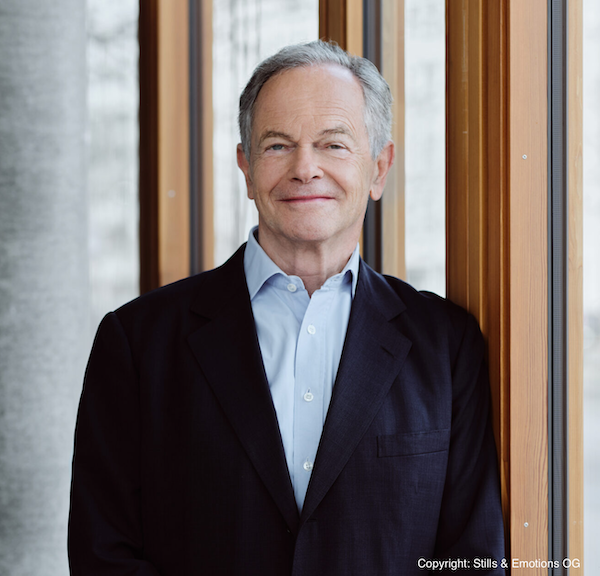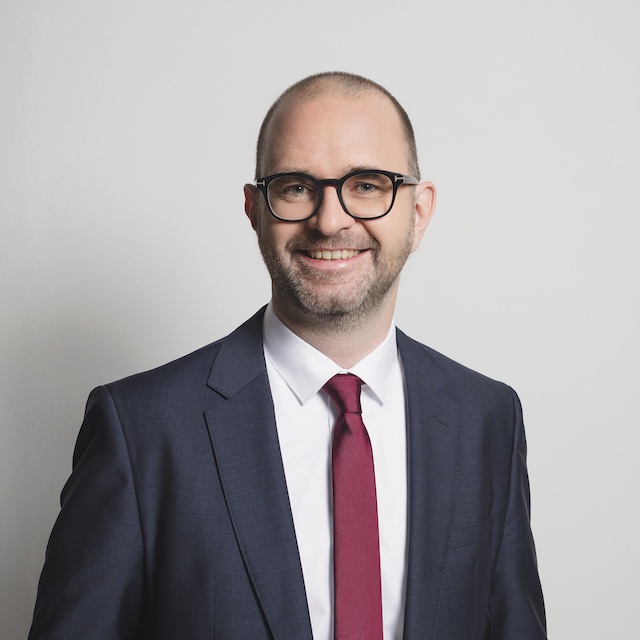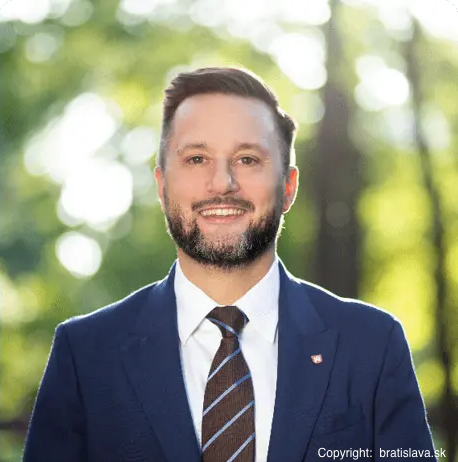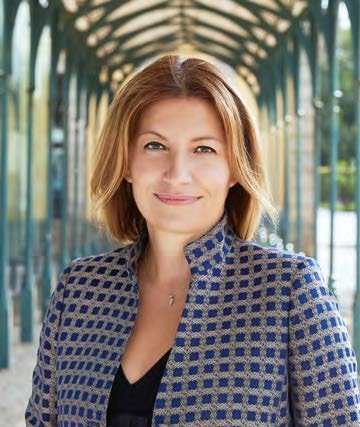We apply innovations in politics to strengthen democracy in Europe and beyond.
Welcome to the innovation in politics institute
The Innovation in Politics Institute is a mission-driven organisation advancing democracy through innovation. We develop practical, results-oriented initiatives to tackle today’s most complex political and societal challenges. With offices in Vienna and Berlin and a Europe-wide network of partners, we build multi-stakeholder Mission Partnerships that deliver transformative solutions in the public interest.
We apply innovations in politics to strengthen democracy in Europe and beyond.
Welcome to the innovation in politics institute
The Innovation in Politics Institute is a mission-driven organisation advancing democracy through innovation. We develop practical, results-oriented initiatives to tackle today’s most complex political and societal challenges. With offices in Vienna and Berlin and a Europe-wide network of partners, we build multi-stakeholder Mission Partnerships that deliver transformative solutions in the public interest.
We apply innovations in politics to strengthen democracy in Europe and beyond
Services

7
editions of The Innovation in Politics Awards in different European cities

2000+
best practices of political innovation in our Best Practices Hub

5000+
engaged Citizen Jurors in our network

24
participating cities in our European City Network

4
successful high-level conventions as part of our Mission Partnerships

70+
international partners supporting our Mission Partnerships
Upcoming Events
No events found.
What our partners say
-

Circular economy and re-use have great potential to contribute to a sustainable transformation. I look forward to the conference, to exciting conversations and valuable initiatives.
ERICH HAIDER
Chairman of the board and CEO of LINZ AG -

Improving politics is essential for democracy in a changed environment. So we need to provide encouragement and rewards – like the European Capital of Democracy initiative does – for providing new and real democracy to all.
AXELLE LEMAIRE
Former French Minister of State for Digital Affairs -

Digital tools for democratic participation present us with a real opportunity. They provide people who struggle to get involved – such as women busy with care work – with a chance to take part in the decision-making process.
ELISABETH MAYR
Deputy Mayor of Innsbruck, Representative of the Austrian Association of Cities and Towns -

Safe Democracy sets a strong example for co-determination and transparency. Together, we confront the challenge of laying the foundations for a secure, participative future.
JÜRGEN CZERNOHORSZKY
Executive City Councillor for Climate, Environment, Democracy and Personnel, Vienna -

We need to manage change in democracy if we do not want the enemies of democracy to do it for us.
IVAN KRASTEV
Chairman of the Centre for Liberal Strategies -

Safe Democracy is the ideal platform for us to work together to improve our democratic services, to boost the quality of life of our citizens, and to improve our resilience to disinformation.
THOMAS WENINGER
General Secretary of the Austrian Association of Cities and Towns -

Values like truth, democracy, and independent thinking are heavily under attack. And all of them are important pillars of prosperity – let us protect them!
ANDREAS TREICHL
Chairman of ERSTE Foundation -

In Linz, we've set ourselves a major task: to achieve climate neutrality in the most energy intensive industry of all. This convention is Linz's forum to promote ongoing exchange between businesses, interest groups, universities, administrations and politics.
DIETMAR PRAMMER
Mayor of Linz -

I am a big believer in engaging people in the development of the cities and places where they live. Authentic and transparent local politics may help to fix the trust in democracy.
MATÚŠ VALLO
Architect, City Activist, and Mayor of Bratislava -

The H2 Convention in Linz provides us with a platform for an even stronger supra-regional network and international exchange of experiences. It allows us to break down barriers, to learn from one another, and to drive forward the building of the hydrogen economy across borders.
SUSANNA ZAPREVA
CRO/COO VERBUND AG

